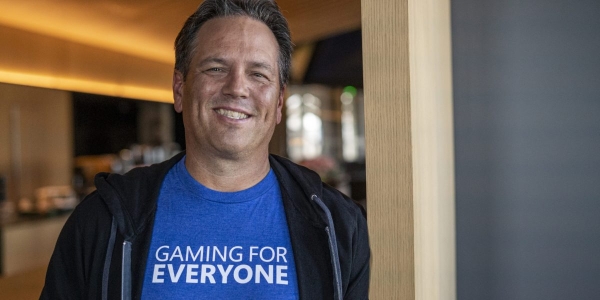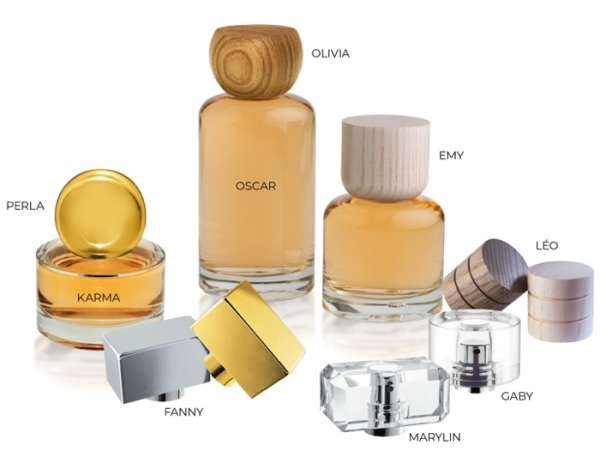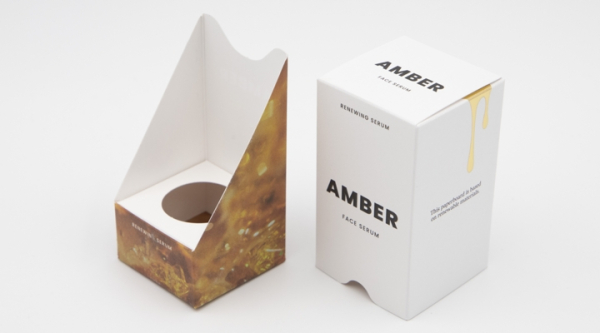
Microsoft conceded defeat in the high-stakes video game console wars for the first time, admitting on Thursday it will never be able to catch up to Sony and Nintendo.
A chastened and downbeat Phil Spencer issued what appeared to be a brutally honest 40-minute mea culpa in which he even implied his job was on the line after a series of self-inflicted blunders.
In an interview with an Xbox community YouTube channel published on Thursday, he said it was an illusion to think that exclusives like the hotly anticipated Starfield would cause Sony players to switch allegiances. That’s because 90% of gamers are already committed to their existing console, according to Spencer.
“It’s just not true that if we go off and build great games, all of a sudden you’re going to see console share shift in some dramatic way. We lost the worst generation to lose in the Xbox One,” the Microsoft exec said.
Spencer also poured cold water on hopes that the now defunct console’s replacement, the current Xbox Series X, would chip away at sales of the Sony PlayStation 5 and Nintendo Switch.
“I know that will upset a ton of people,” he said, “but it’s just the truth of the matter when you’re third place in the console marketplace and the top two players are as strong as they are.”
When it entered the market in 2001 with the original Xbox, a lot of gamers expected that the deep pockets of Microsoft would help it crush gaming rival Sony and its PlayStation 2. But while Microsoft came close to eclipsing Sony with its the second-gen Xbox 360, it never succeeded in dethroning the Japanese competitor globally.
Spencer is now pushing Microsoft to focus not on hardware but on software: for example, its monthly subscription service Game Pass. He’s also bullish on new features that allow consumers to buy one game and play it seamlessly across a variety of devices from Xbox to PC to new handheld devices like the Steam Deck and the Asus ROG Ally—outside the Sony ecosystem. Nevertheless, he refuted repeated speculation that Microsoft might ditch its commitment to console gaming in favor of a sole focus on streaming.
Although there is some dispute over how to compare the commercial importance of video games to films and other media, it is undisputed that the industry has become big business. Titles can easily rake in more revenue over their lifetime than a conventional film, with Take-Two Interactive Software’s blockbuster Grand Theft Auto V pulling in twice as much as the highest-grossing film ever at the box office, Avatar.
With a scope that can be equally grand, big-budget game publishers regularly lure Hollywood stars to lend their talents to motion-capture acting. They have won critical praise, with the Last of Us game serving as the basis for HBO’s hit post-apocalyptic series.
While there are consumers who prefer casual games on their smartphone and those who are into hard-core ones best played on a PC, the usual entry ticket for these immersive fantasies is the purchase of either a PlayStation, an Xbox, or a Nintendo Switch.
For Sony it’s been a lifesaver. It’s no secret that PlayStation’s licensing revenue received from game publishers kept the Japanese company afloat during its leaner years. Its third-gen console even helped its Blu-Ray system win the war over the competing HD-DVD format once used in the Xbox before there was streaming.
Microsoft’s decision to buy Call of Duty games publisher Activision Blizzard for $69 billion might be the best proof of the industry’s importance. The deal far eclipses the approximately $33 billion it spent on LinkedIn in 2016 after adjusting for inflation, making it easily the biggest acquisition in Microsoft’s history.
But U.K. antitrust authority CMA dealt Microsoft’s plan a massive blow last week after vetoing the deal on the basis that it could stifle competition in a burgeoning sector of the industry.
“They’ve defined a market of cloud gaming that in my mind doesn’t really exist yet today,” said Spencer, reaffirming he would appeal the CMA decision. “But they have a point of view that maybe we have a lead in a market that is just forming.”
Spencer also apologized on Thursday for another blunder when Xbox shipped its Redfall game to critical reviews that were “significantly below” the company’s own internal targets, the latest setback for the console’s exclusive lineup after Halo Infinite.
“There is nothing that is more difficult for me than disappointing the Xbox community,” Spencer said. “Just to kind of watch the community lose confidence, be disappointed—I’m disappointed, I’m upset with myself.”







